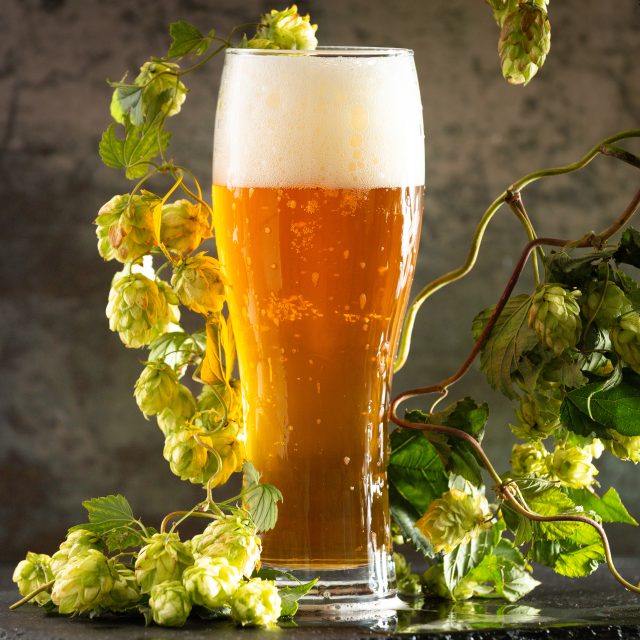This website uses cookies so that we can provide you with the best user experience possible. Cookie information is stored in your browser and performs functions such as recognising you when you return to our website and helping our team to understand which sections of the website you find most interesting and useful.
Beers brewed with European hops face uncertain future
European aroma hops are facing challenges that will impact on the flavour of beer in years to come, according to new research.

In a study from the Czech Academy of Sciences, researchers have warned that, unless swift adaptations are developed, European hops will be increasingly difficult to grow due to climate change affecting yields and alpha acid content.
The researchers outlined that Europe will experience a drop of 4-18% in traditional aroma hops yields by 2050, plus a 20-31% fall in alpha acids.
The research, which looked at hop yields and their alpha acid content in great detail, identified how both have already experienced a steady decline since the 1970s and a pattern that is set to continue.
In the research, the study’s lead author Martin Mozny and his team examined the yield and alpha content of 90% of European beer-hops-growing regions in Germany, the Czech Republic and Slovenia, from 1971 to 2018 and found that, since 1994, hops begin to ripen 20 days earlier and production has declined 0.2 tonnes per hectare (178 pounds per acre) annually. Comparatively, in the US, an acre yields around 1,800 pounds (816 kg) of hops per year.
Recent reports outlined how, in Europe, high-quality aroma hops are restricted to small regions because of their once-ideal climate and environmental conditions. But, as warmer and dryer seasons are expected, so too will be the beginning of unknown changes to growing and flavour profiles of these hops.
The researchers are now calling for rapid inventive adaptations to find a solution, but have still lamented that much more scientific investigation is needed for this to be carried out.
In the study, published in the journal Nature Communications, the researchers warned: “Since the cultivation of high-quality aroma hops is restricted to relatively small regions with suitable environmental conditions, there is a serious risk that much of the production will be affected by individual heat waves or drought extremes that are likely to increase under global climate change.”
The research detailed that there was hope for the sector, but its future depended on advancements in the science of hop breeding being more resistant to climatic variations.
The researchers concluded: “New findings in hop physiology, such as the beneficial effect of elevated CO2 on the primary metabolism of hop strobilus and the effects of vernalisation and dormancy, may help in the future to breed hops that are more resistant.”

